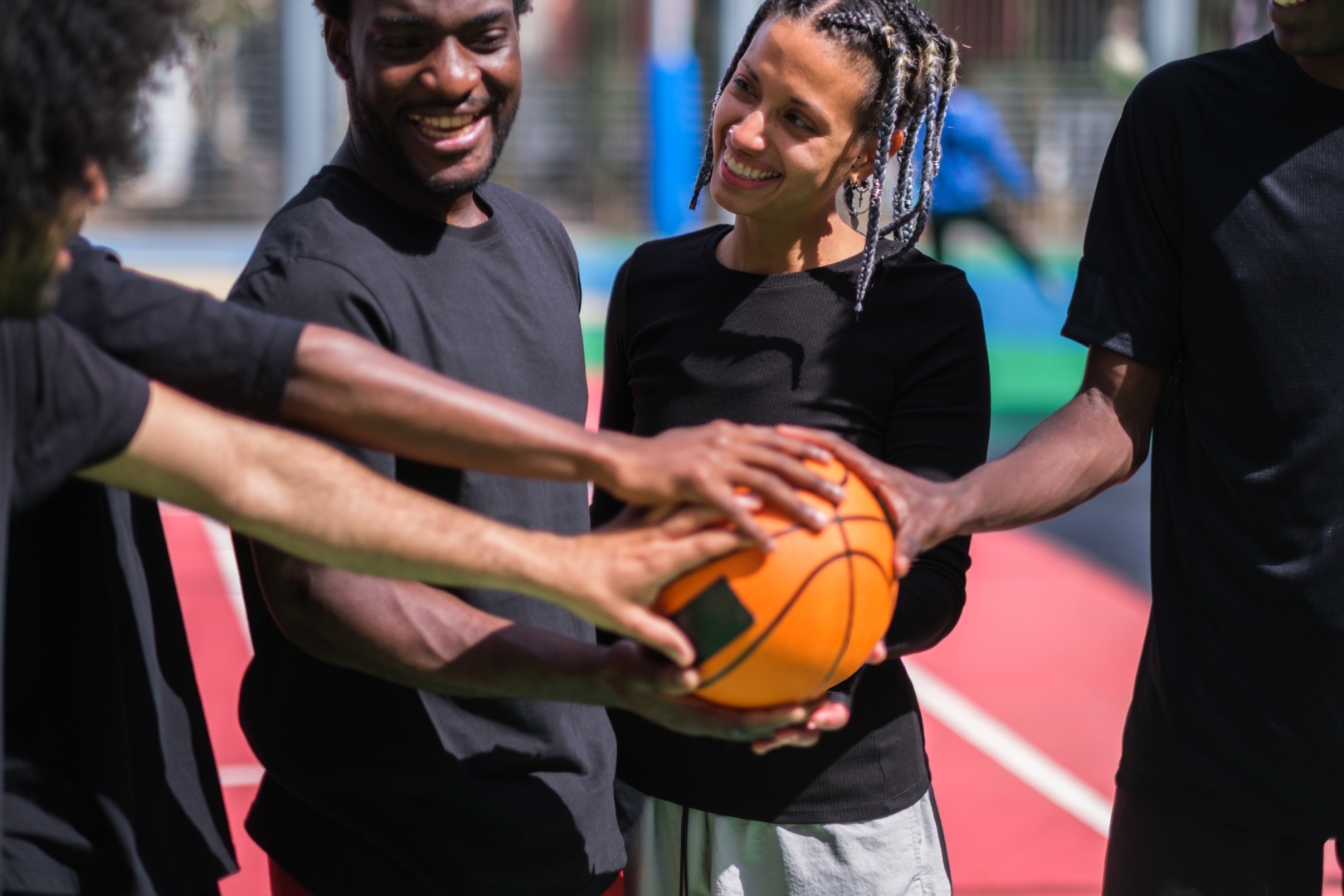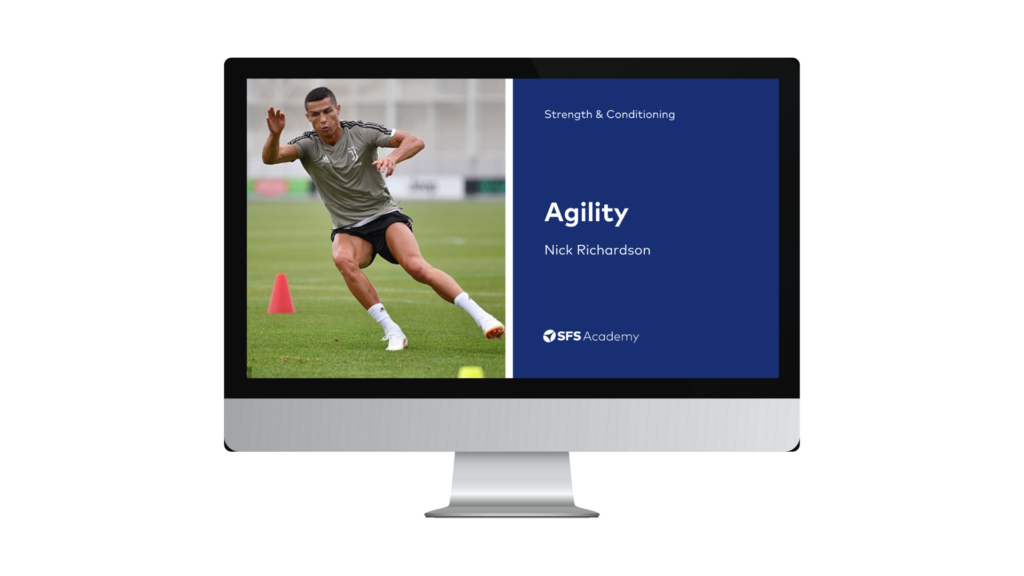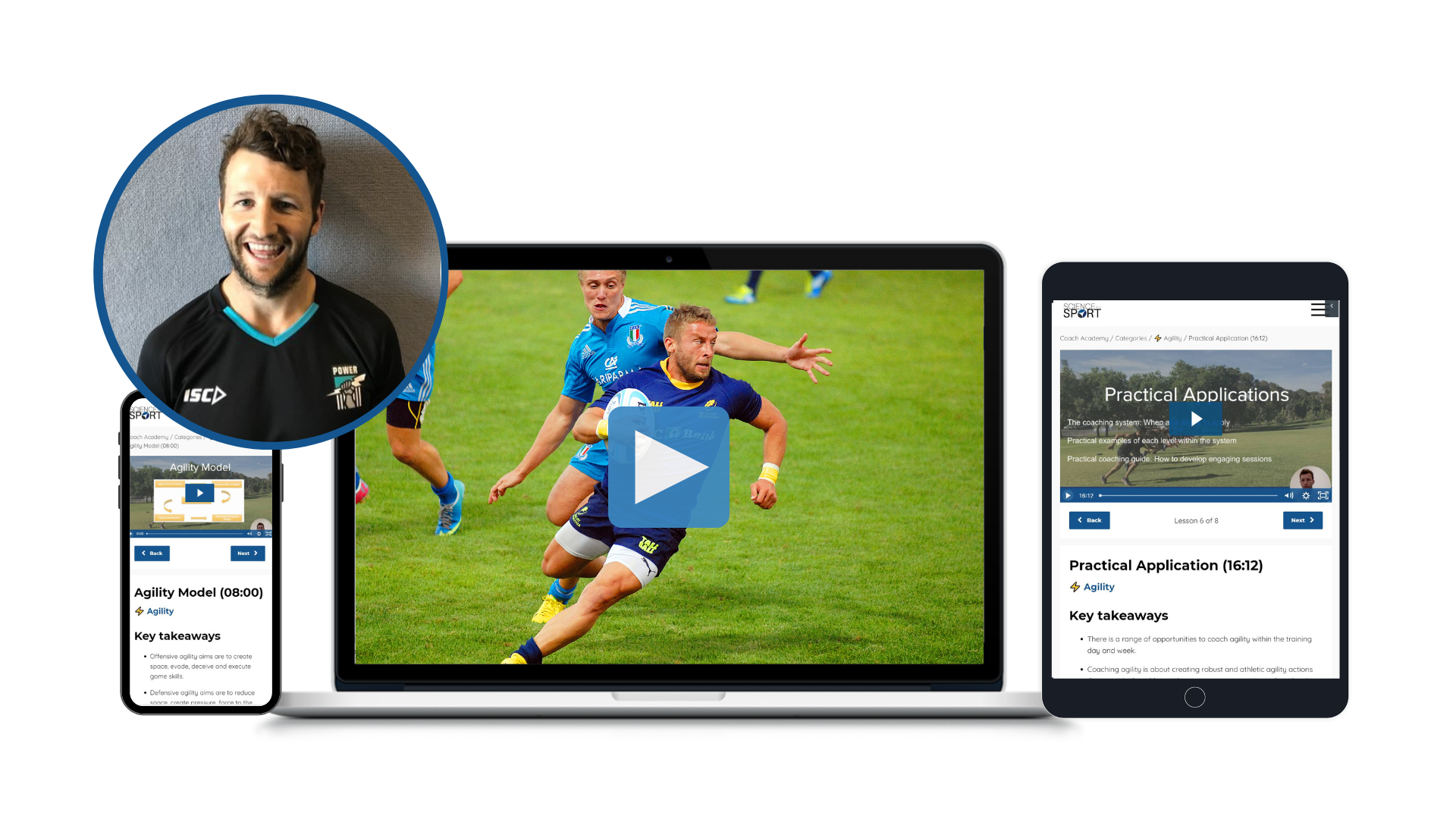Contents
- Summary
- Culture development: A guide for coaches
- The 4 key factors of culture development
Summary
Culture development in a team sport setting is a long-term process. Understanding athletes’ motivations and psychological needs can help ‘buy-in’. Intrinsic motivation is the most durable form of motivation in this instance.
Culture development: A guide for coaches
Understanding athletes’ motivations and fulfilling their psychological needs can help organisations such as sporting teams establish and strengthen their culture.
That’s the opinion of Parker Teagle, a long-term strength and conditioning coach who also boasts a Master’s degree in sports psychology. He said coaches played a huge role in helping build a strong culture within a human performance program, and taking a long-term approach was the smart play.
“Building a culture within an organisation requires a multifaceted approach,” he said during his Science for Sport presentation titled ‘Creating Team Culture’. “Coaches will come in and try to change culture within an instant – they have [their] job security on the line, so it’s understandable they want to change it in a hurry, but the quicker you try to change it, the less effective you usually are. You have to let it slowly happen.”
The 4 key factors of culture development
Teagle said four key factors to concentrate on were:
- Create systems and maximise motivation
- Focus on long-term development
- Pursue growth, not the spoils of sport
- People were always more important than programming
Teagle explained an athlete’s psychological motivations played a big part in whether they bought into the establishment and nourishment of a new culture.
“[There are] two types of motivation – intrinsic and extrinsic,” he said, adding intrinsic motivation came when a person gained satisfaction from a process (for example, a sense of achievement, pride or curiosity), while extrinsic motivation came when someone gained satisfaction from outcomes (money, praise, trophies or avoidance of punishment).
“Both are positive and necessary, but intrinsic motivation is fundamental because intrinsic motivation is much more durable,” he said. “Rewards will come and go, championships will be lost – if that’s your only motivation, then your motivation is too fragile.”
It was also important to be aware of a person’s psychological needs (competence, autonomy and relatedness), he said.
“The three needs must be met,” he said. “Competence refers to feeling effective in one’s ongoing interactions with the social environment, and experiencing opportunities to exercise and express one’s capacities. It leads people to seek challenges that are optimal for their skill sets.
“Autonomy refers to being the perceived origin or source of one’s own behaviour. It is different from independence, which does not rely on any external sources or influence. Why is it important? Because self-expression is encouraged and athletes feel the perception of choice and individuality.
“Relatedness refers to a feeling of connection to others, to caring for and being cared for by these others, to having a sense of belongingness both with other individuals and one’s community. It helps drive a shared vision and purpose.”
He said human performance coaches should look to encourage all of these things within their program.
[optin-monster-shortcode id=”czosk0qsqzzsryj6gwot”]




